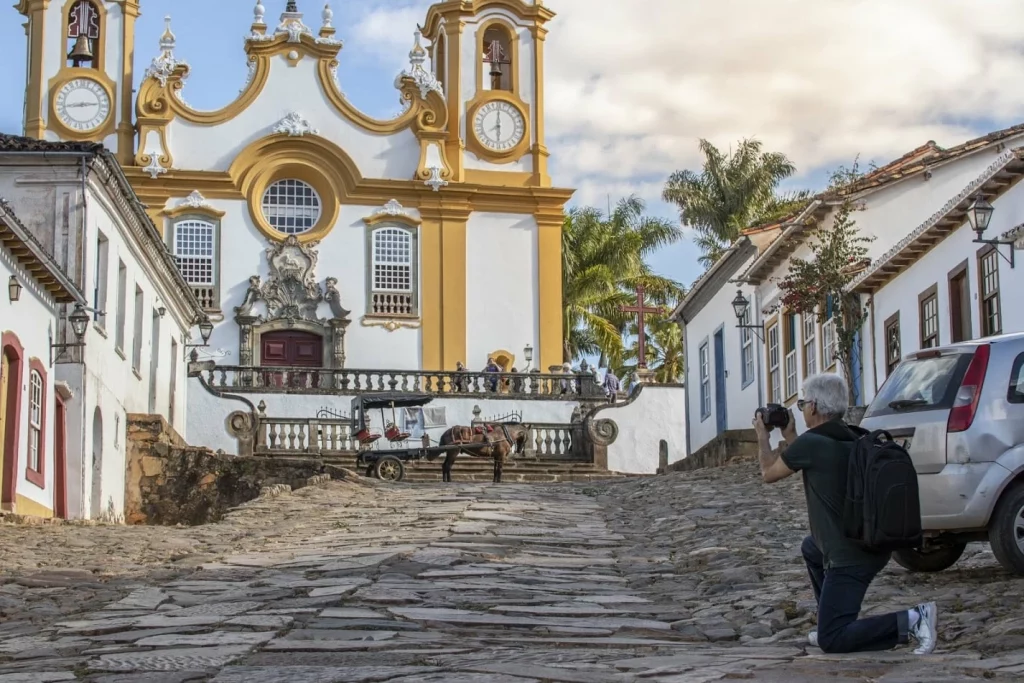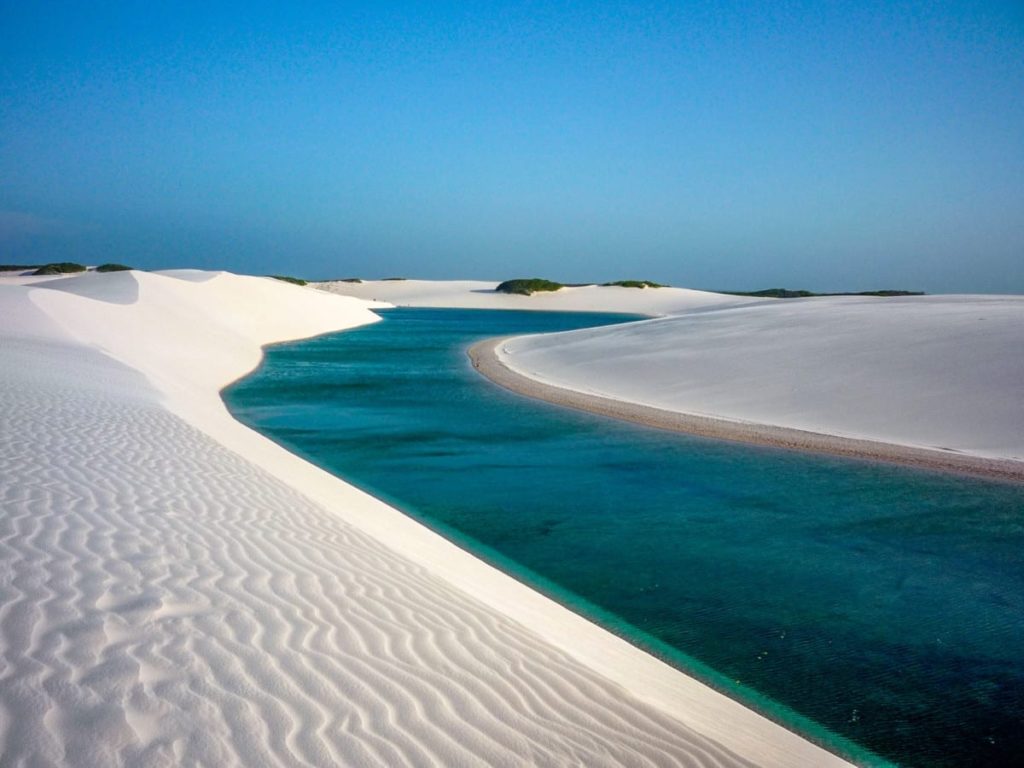RIO DE JANEIRO, BRAZIL – Brazilian tourism should end the year with a growth of 16% and revenues of R$130 (US$23.2) billion, 22% lower than in the pre-pandemic period, according to data from a survey conducted by the Tourism Council (CT) of the Federation of Goods, Services, and Tourism Commerce of the State of São Paulo (FecomercioSP).
As of the fourth month of the year, the segments that registered the most expressive results were air transport, with an annual high of 83.9%, and accommodation and food services, which had a rise of 61.9%.
“However, the basis of comparison explains the result because these were the sectors that suffered most the impact of the crisis in 2020, being, also, below the level of April 2019,” says FecomercioSP.
According to the data, the demand for air passengers reached a level higher than 6 million in July, remaining at the same level in the following months. Until June, these numbers were below 5 million.
Fecomercio’s perspective is that air transport will end the year with revenues of R$37.8 billion, which represents an annual growth of 30.5%. “However, still 36% below the 2019 level. Already the projected result of the last quarter should be 12% lower than the same period of the pre-pandemic year,” estimates the entity.
Road transport (intercity, interstate, and international), which showed relatively modest drops at the beginning of the year, should end 2021 with a high of 9% and revenues of R$17.7 billion (5.1% below the level of 2019). For water transportation, the projected increase is 8.4% (R$467 million in absolute values).
For car rental, travel agencies, and tour operators, the expectation is to increase sales by 4.2%, reaching R$29 billion. In comparison with 2019, the level is still 8.5% below that obtained. Although damaging, it is one of the most favorable relative results among the sectors analyzed by the survey. The last quarter should register a growth rate of 7%.
The data also indicates that the food and accommodation group should register a high of 15.9%, with sales of R$25 billion, a picture that is still negative when compared to 2019, when the high was 26%.
In the first half of 2021, there was a drop of 7.4% in this group. For cultural, recreational, and sporting activities, the projection for the second half of the year is an increase of 11.7%, ending 2021 with a high of 1.9%.
“As this group depends, essentially, on the number of people fully immunized, with the pace of vaccination well established, the trend is that there will be more and more increase in the public and activities next year, providing conditions for a more robust recovery,” says FecomercioSP.
INFLATION
Although the numbers point to a good performance at the beginning of 2022, the inflationary process, which impacts both families and companies, may limit a more expressive growth in the sector next year. However, the high dollar still maintains the attractiveness of domestic tourism, which has become “discovered” by many Brazilians.
According to the president of the FecomercioSP’s CT, Mariana Aldrigui, the pressure of inflation on the family budget is, and will continue to be, the most crucial factor to be observed next year, especially from March on, when demand begins to decline.
“Unfortunately, as in other relevant moments for tourism, very little was done in terms of investments, credit offer, and stimulus to innovation, which leaves Brazil even more dependent on its domestic market,” he analyzed.
Based on data from the Brazilian Institute of Geography and Statistics (IBGE), the survey points out that the sector has faced inflation of 16.75% in the last 12 months. This variation is higher than the Broad Consumer Price Index (IPCA) average, of 10.67%.
That is, there is a real advance in tourism prices of 5.49%. Airline tickets are principaly responsible for the increase. In 12 months, the price increased 50.11% due to the demand suppressed by the pandemic and the increase in costs, especially aviation fuel, which rose 90%, according to data from the National Petroleum Agency (ANP).
According to FecomercioSP’s analysis, the increase in fuel and electricity should impact other essential activities in the sector, such as hotels and transfers, which will pass on the costs to consumers and tour packages, putting pressure on values in the coming months.
Although some activities still do not fully pass on inflation to the final price (accommodation, which had an average price increase of 4.44%), as the current inflationary process is structural, the adjustment is a matter of time. It should continue at least until the middle of next year.
“The result is not surprising since a considerable increase in demand, which has been repressed for the last 18 months, was already foreseen. The generalized increases in inputs in all sectors also contribute to the rise in prices, and it is likely that the increase curve will continue upward in the coming months (at least until Carnaval) and may only be reversed in case of a sharp drop in demand,” said Aldrigui.
With information from Agencia Brasil




